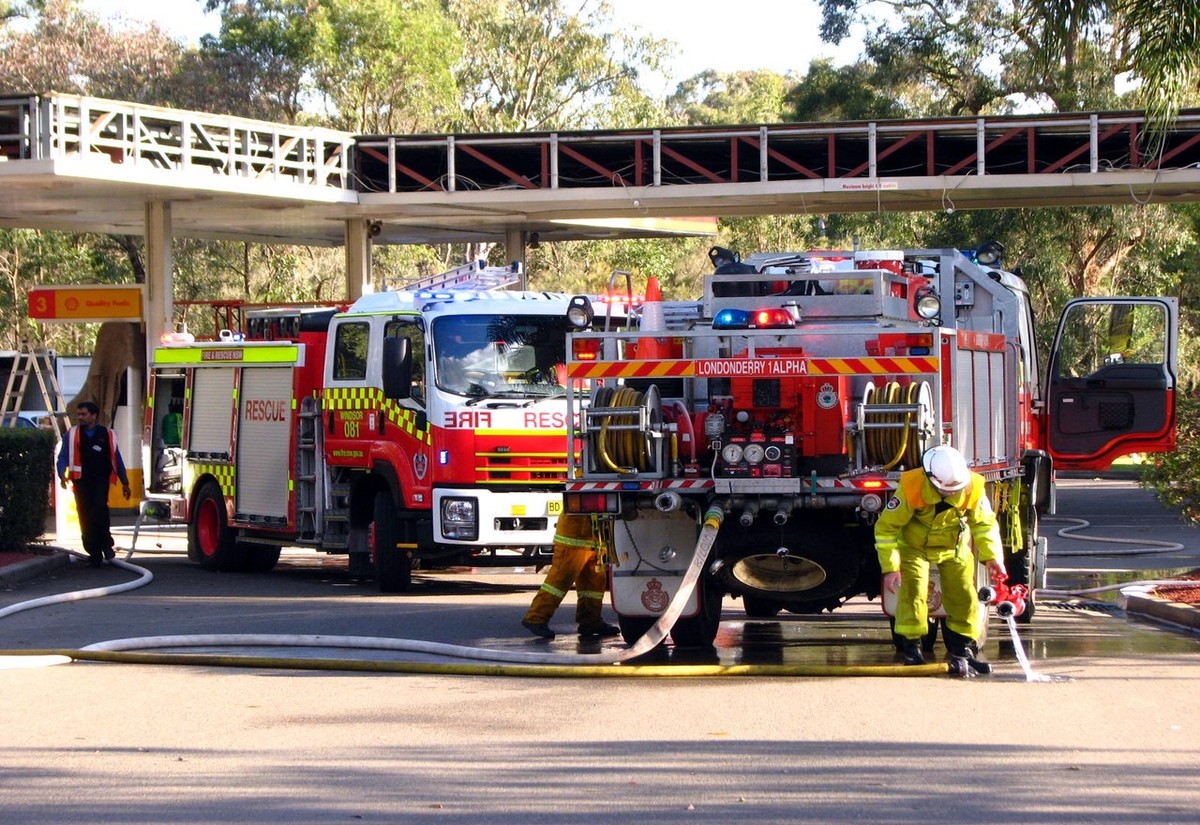RFS changes prompt fears as bushfire season approaches
Laura Williams
03 November 2021, 6:30 AM
 Local fire brigades are concerned that centralising communications aren't suited to RFS practices across the Western Plains.
Local fire brigades are concerned that centralising communications aren't suited to RFS practices across the Western Plains.A recent decision from the Rural Fire Service (RFS) that will centralise all communications to be dispatched from Sydney headquarters has made waves across local brigades as bushfire season approaches.
The new operating system is a computer aided dispatch (CAD), showing the status and availability of each brigade before they are summoned to an emergency.
While the RFS has maintained that on the ground operations will remain in control of the responding brigades, local volunteers from smaller brigades are hesitant to make the changes.
RFS North-West District Manager Inspector Jillian Butler says that the new CAD technology is largely the same to prior systems, when 000 emergency calls were originally diverted to the local RFS headquarters to dispatch local brigades.
“All 77 brigades across the local area, from Walgett to Warren, are now on the centralised dispatch. All firefighters have access to a smartphone app on their phone which will alert them in the same way a pager would have years ago,” Ms Butler said.
While, in theory, it’s a foolproof system, local RFS volunteers often have their own systems in place which aren’t so compatible with the app.
Instead, it’s more likely that knowledge of a fire is spread through the phone-tree, passed on from neighbour to neighbour to respond. If not landlines and radio networks, then smoke signals are enough to draw trucks and water carts from the area.
In its initial stage for the North-West District, bushfire season will be the ultimate test of how the new centralised communication system will marry with the trained habit of ‘self-responding’ to fires.
“If a brigade self-responds to a fire without direction, the communication team at headquarters have no idea who they are and what they’re doing, because they didn’t send them there. They’re just not used to how we operate in our part of the world,” said a local source.
However, Ms Butler wasn't concerned it would have an impact on operations. She said the centralised network has had a positive track-record, having been rolled out across the state over the past two years.
“It’s been progressive, making sure that everything is right, rather than requiring a lot of information and a lot of new employees at once,” Ms Butler said.
Ms Butler has also tried to relieve fears of the change, reiterating that commands are still made at the scene by brigade captains or district managers.
“We’re still in charge from a district perspective, the head office people are just communication to dispatch and talk on the radio," she said.
"If the brigade says they’re on scene, (headquarters) log that they’re on the scene. It’s nothing to do with control advice.”
Still, dispatch is one of the most critical roles in emergency response.
One of the major community concerns is how the lack of local knowledge from Sydney headquarters may present in an emergency situation and pose serious threats.
Coonamble RFS volunteer Bill Fisher noted an experience in 2013 attending a fire in the Warrumbungles, where he said even the dispatcher located in Coonamble couldn't provide sufficient knowledge of the area to instruct him.
"Ultimately, the people that were most helpful were the people who knew the area, like the owner of the property on a motorbike and his daughter at the opposite end of the property with a two-way radio," Mr Fisher said.
"It's imperative to have local knowledge when dealing with situations like this."
For those who live on a property, the stakes are much higher, where street addresses and dirt roads aren't necessarily available on GPS systems. Those that do appear often direct drivers on a longer route to get there, some not even accurate.
"If communications are centralised to Parramatta, anyone trying to find my property who hasn't been there before will have to know my street address - I don't even know that," said Mr Fisher.
"Whatever the finer details of the decision to centralise communications in NSW are, based on my limited understanding, I personally believe it diminishes and almost eliminates the importance of local knowledge."
Some local governments have also raised similar concerns. The Coonamble Shire Council is reportedly drafting a letter to the Minister for Emergency Services David Elliot, expressing the doubt of the new system's implementation.
Despite community fears, it has been noted that North-West District authorities are allowed to override any decisions made by headquarters if they are deemed inappropriate. Another safeguard on the app is the ability to put rules in place to tailor dispatches to the needs of the region.
For example, while a vehicle collision may happen in the jurisdiction of one brigade, a different brigade who specialises in vehicle collisions may be dispatched instead.
With a hot summer approaching and a big harvest due, fears of impending bushfires around the region are well placed, with header fires being a prominent cause for their ignition.